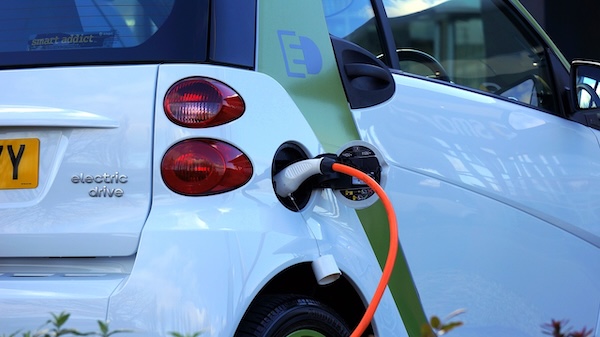 Credit: Pixabay
Credit: Pixabay
From Saturday 25 January to Monday 3 February 2025, 90 car and motorcycle dealerships across Luxembourg will open their 170 showrooms for the 61st edition of the Autofestival running for ten days, including on Sundays.
According to the Federation of Automobile and Mobility Distributors (Fedamo): “The Autofestival remains a key event for taking advantage of the best deals on an increasingly broad and diverse range of vehicles. It also offers the opportunity to discover around 20 new European models and over 50 innovations on the Belux market.”
For this year’s Autofestival, manufacturers have announced several new models, with about 50 set to be exhibited in participating dealerships.
A list of participating car dealerships is available on the Fedamo website.
2024: A Year of Stabilisation
Philippe Mersch, President of Fédamo, recently reflected on 2024 as a year of stabilisation for the automotive market following the resolution of delivery delays in 2023. New vehicle registrations in Luxembourg totalled 46,635 units, a 5.1% decline compared to the previous year's exceptional figures. This trend aligns with neighbouring countries, where Germany, France and Belgium also recorded drops in registrations.
While registrations by private individuals increased by 10%, corporate registrations fell by over 14%. Used vehicle registrations remained stable, with a slight increase of 0.9%, highlighting consistent demand in this segment.
The Shift Toward Electric Vehicles
Powertrain trends in Luxembourg reflect a continued transition towards more sustainable options. As reported in a recent article, electric vehicles (EVs) accounted for 27.4% of total registrations in 2024, with 12,777 units marking a 15.6% year-on-year increase. Non-rechargeable hybrids also grew, comprising 22.4% of new registrations.
Conversely, internal combustion engine vehicles continued their decline, with petrol and diesel registrations at 29.6% and 12.3%, respectively. This marks a dramatic shift from 2014, when diesel vehicles dominated the market with a 70.2% share of registrations.
E-Mobility Incentives and Environmental Impact
An updated e-mobility subsidy scheme, effective from October 2024, extended the ownership requirement to 36 months and reduced the maximum subsidy for purchasing an electric vehicle to €6,000. A €1,500 incentive for used electric vehicles was also introduced, aligning with Luxembourg’s National Energy and Climate Plan (PNEC).
Fedamo provided statistics on the 7.7% reduction in the average CO2 emissions of newly registered vehicles in 2024, bringing levels down to 99.3g/km - a 38.2% decrease over six years. By comparison, Germany, which discontinued EV subsidies, saw a 4.2% increase in emissions.
Taxation Changes
Effective January 2025, taxation of fringe benefits for internal combustion engine vehicles, including hybrids and plug-in hybrids, was set at 2% of their catalogue value. The government also extended reduced taxation rates for private use of electric company cars, providing additional incentives for corporate fleet electrification.








